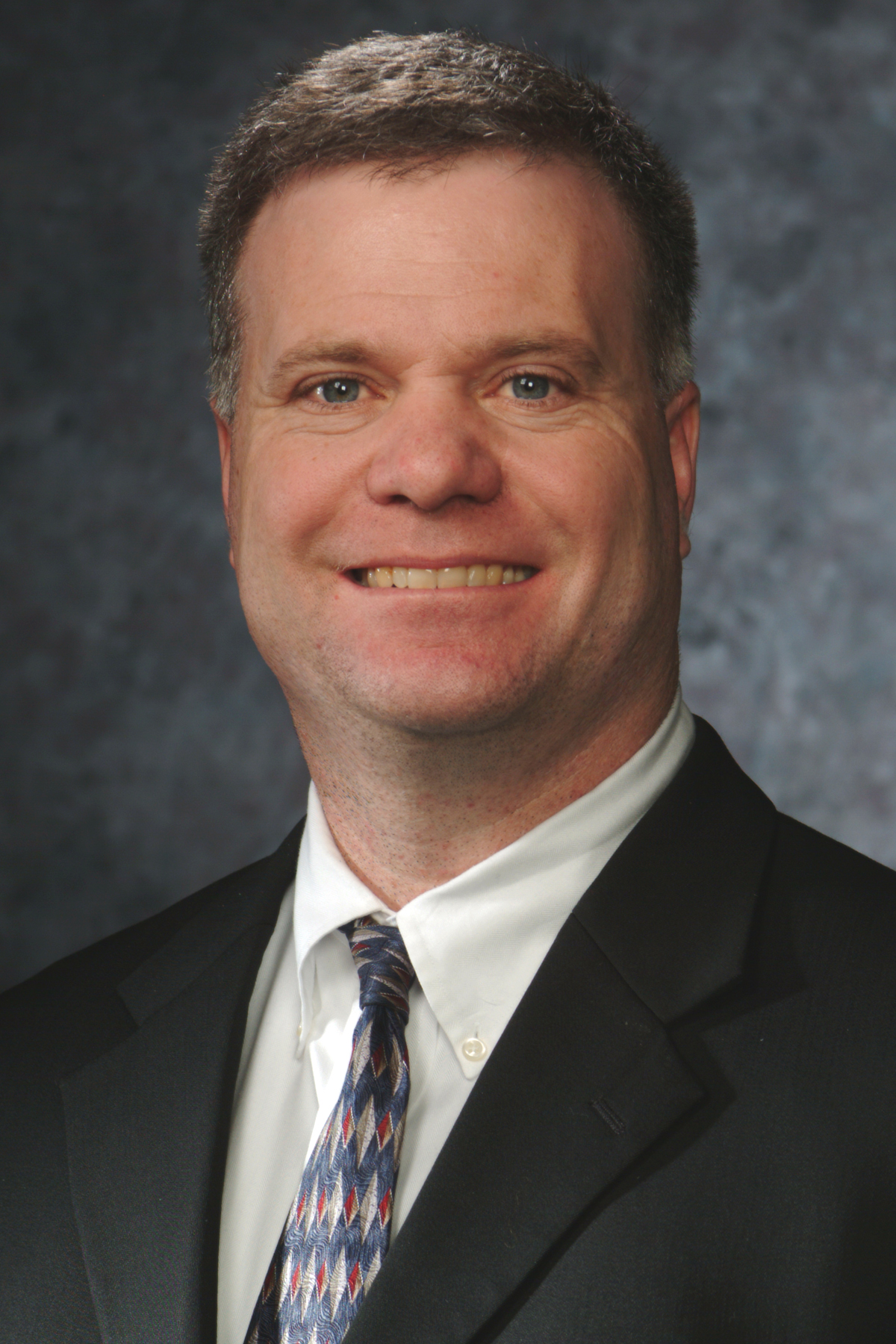FAYETTEVILLE, Ark. — In the first empirical study of the effect of the Gramm-Leach-Bliley Act on the financial services industry, a finance researcher at the University of Arkansas found that the act had little effect on bank profitability and productivity. With one minor exception, which may be attributed to earlier changes in federal banking laws, the act also did not create significant synergies between commercial banking, investment banking, merchant banking and insurance activities.
“Banking stakeholders expected big changes from the GLBA,” said Tim Yeager, an associate professor of finance and the Arkansas Bankers Association Chair in the Sam M. Walton College of Business. “Deregulation was expected to benefit primarily large banks at the expense of small banks. But despite these high expectations, gains from combining commercial banking and other financial services are small or had already been exploited.”
Passed by Congress in late 1999, the Gramm-Leach-Bliley Act, also known as the Financial Services Modernization Act, deregulated the financial services industry by removing barriers that separated commercial banking from investment banking, merchant banking and insurance underwriting. In short, the act made it legal for bank holding companies to diversify and become financial holding companies. The act intended to reverse more than 65 years of U.S. banking regulation and, as Yeager mentioned, was expected to create dramatic changes.
“The biggest potential benefit of the GLBA is that financial institutions can exploit the revenue efficiencies and scale economies that were unavailable before deregulation,” he said. “They can do this by cross-selling business products such as commercial loans and securities underwriting or retail products such as certificates of deposit, brokerage services and insurance protection.”
Using data from the Federal Reserve’s list of all top-tier domestic banks and financial holding companies, Yeager examined the financial performance of financial holding companies and universal banks -- companies that participate in commercial and investment banking but not insurance underwriting -- for two periods. Specifically, he compared the companies’ financial performance for the four years preceding (1996-1999) and following (2000-2004) March 12, 2000, the date in which the Gramm-Leach-Bliley Act took effect.
Yeager studied these companies’ balance sheet adjustments, profit gains and revenue productivity to try to determine whether the act had led to significant cost reductions or profit enhancements. He discovered that following the act’s passage, many banks became financial holding companies in name, but they had not significantly expanded into the newly permissible activities. They still derived the large share of their earnings from traditional banking activities such as loan making and deposit taking.
Yeager found only minor synergies among commercial banking, insurance activities and merchant banking. There was more evidence of integration of commercial and investment banking, but Yeager argued that most of these activities had begun many years before the Gramm-Leach-Bliley Act became effective. The gradual repeal of the Glass-Steagall Act of 1933, which placed severe restrictions on the banking industry, began in 1987 when the Federal Reserve authorized limited securities underwriting activities of bank affiliates. By 1996, these bank affiliates were allowed to underwrite 25 percent of revenue in corporate bonds and equities. The effect of these events, Yeager said, had in many ways already achieved the intended impact of the Gramm-Leach-Bliley Act.
Because Yeager’s sample covered only a five year period, longer term changes in the banking industry may still be forthcoming.
“It is probably too early to assess the long-term impacts of the financial modernization legislation,” he said. “But early indications suggest that the legislation will have only modest effects on the financial services industry.”
Yeager’s study will be published in the Journal of Economics and Business. The article can be found on the journal’s Web site at http://www.sbm.temple.edu/jeb/ .
Prior to his appointment in the Walton College, Yeager was an economist at the Federal Reserve Bank of St. Louis.
Contacts
,
